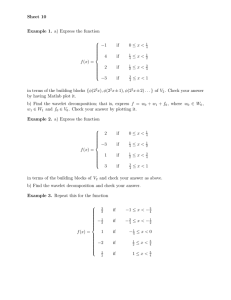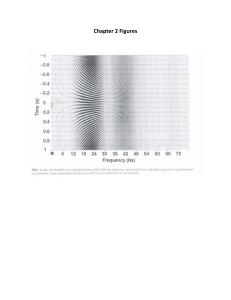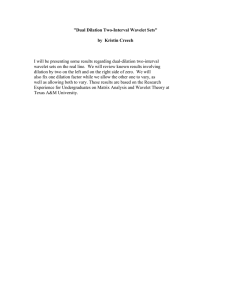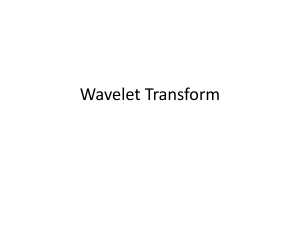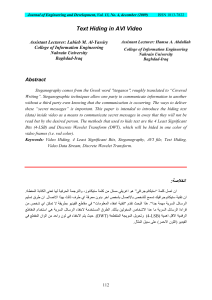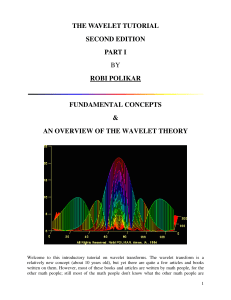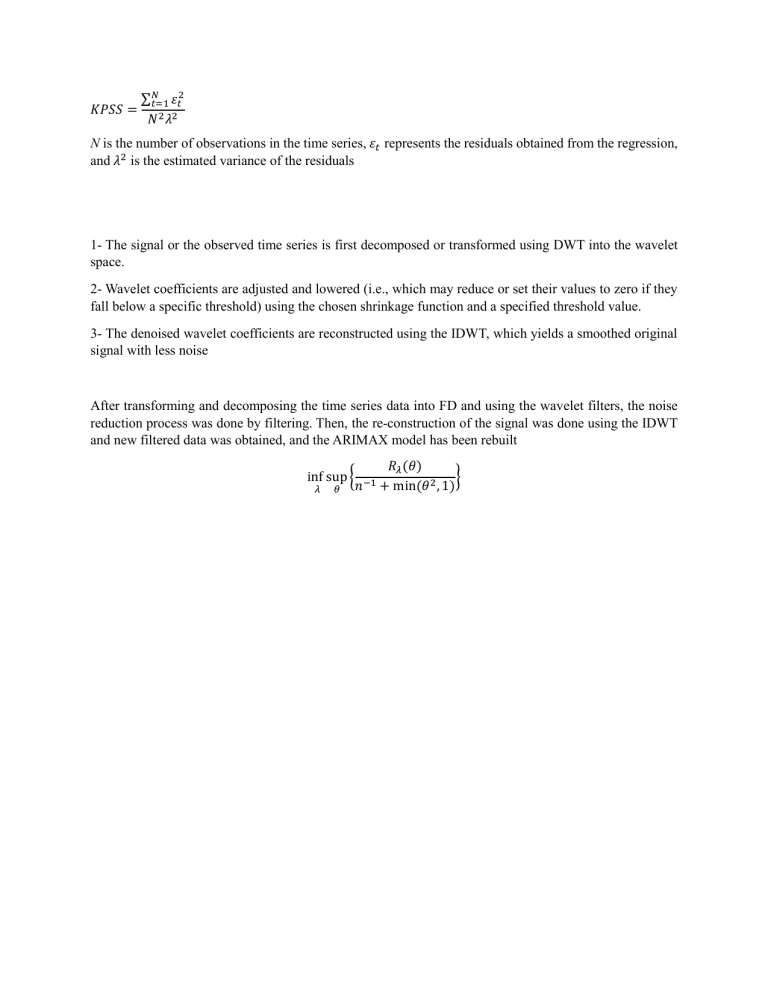
𝐾𝑃𝑆𝑆 =
2
∑𝑁
𝑡=1 𝜀𝑡
𝑁 2 𝜆2
N is the number of observations in the time series, 𝜀𝑡 represents the residuals obtained from the regression,
and 𝜆2 is the estimated variance of the residuals
1- The signal or the observed time series is first decomposed or transformed using DWT into the wavelet
space.
2- Wavelet coefficients are adjusted and lowered (i.e., which may reduce or set their values to zero if they
fall below a specific threshold) using the chosen shrinkage function and a specified threshold value.
3- The denoised wavelet coefficients are reconstructed using the IDWT, which yields a smoothed original
signal with less noise
After transforming and decomposing the time series data into FD and using the wavelet filters, the noise
reduction process was done by filtering. Then, the re-construction of the signal was done using the IDWT
and new filtered data was obtained, and the ARIMAX model has been rebuilt
inf sup {
𝜆
𝜃
𝑛−1
𝑅𝜆 (𝜃)
}
+ min(𝜃 2 , 1)
